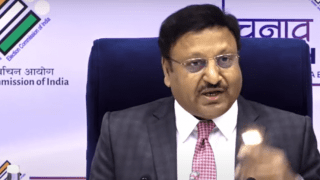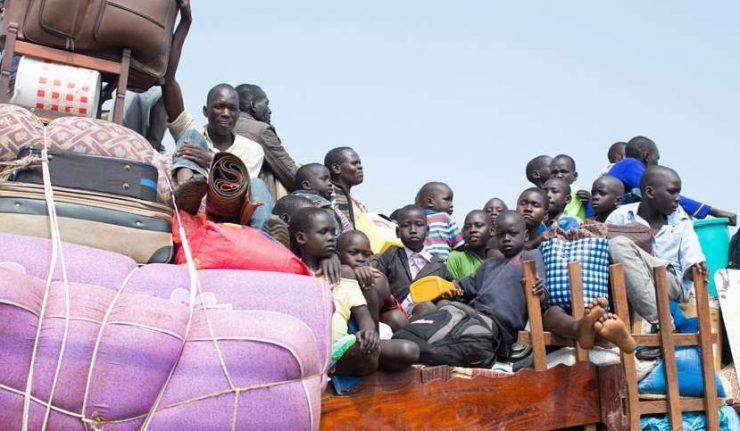With US President Donald Trump reducing funding to the United Nations and its affiliated agencies, two countries included in his travel ban list now need international response to save them from starvation and famine.
In a Budget Blueprint to ‘Make America Great Again‘, Trump has proposed reducing funding to the UN and affiliated agencies, including UN peacekeeping, for which it would not contribute more than 25%. The President also wants that the funding burden be shared more fairly among members.
However, the miseries and suffering of people in Yemen and Somalia – the two out of six countries included in Trump’s travel ban list – are highlighted by Stephen O’Brien, the United Nation’s undersecretary general for Humanitarian Affairs, who visited the two countries and South Sudan and Northern Kenya during the course if 16 days.
“Nearly 20 million people across four countries face starvation and famine. Without collective and coordinated global efforts, people will simply starve to death,” O’Brien has said in a letter to the UN Security Council.

O’Brien who spoke to several people and saw the first-hand effects of losing home and livelihood in Yemen, says the situation has left children traumatised. “Two-thirds of the population – 18.8 million people – need assistance and more than 7 million are hungry and do not know where their next meal will come from.”
Describing the apathy of those who have lost their homes, O’Brien said, people are hungry and sick – and they need peace so that they can return home.
Only in Yemen, for this year, the humanitarian community requires $ 2.1 billion but only 6% of that funding has been received so far.
The situation is not too different in South Sudan where more than 7.5 million people need assistance, up by 1.4 million from last year.
“More than one million children are estimated to be acutely malnourished across the country; including 270,000 children who face the imminent risk of death should they not be reached in time with assistance,” O’Brien said.
As per a OCHA (Office for the Coordination of Humanitarian Affairs) report, the four countries require $5.6 billion in 2017. Of this sum, $4.4 billion is urgently required by end March to strengthen famine response and for the prevention in four key sectors: food security, nutrition, health, and wash.
In Somalia, more than half the population – 6.2 million people – need humanitarian and protection assistance, and without collective and coordinated global efforts, people will simply starve to death.
Stéphane Dujarric, Spokesman for the Secretary-General has also reacted to a reduction in funding, saying, “Abrupt funding cuts can force the adoption of ad hoc measures that will undermine the impact of longer-term reform efforts.”
“Many more will suffer and die from disease. Livelihoods, futures and hope will be lost. Many will be displaced and will continue to move in search for survival, creating ever more instability across entire regions,” O’Brien sums up.
First Published on dnaindia.com


